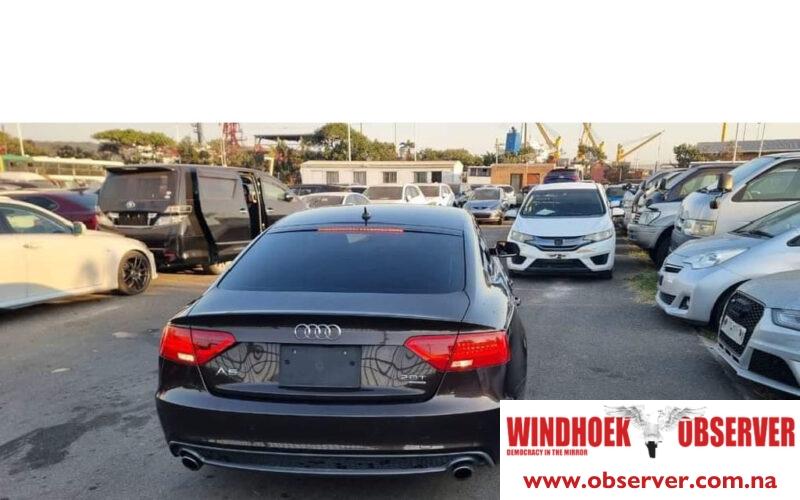Erasmus Shalihaxwe
The National Council Standing Committee on Public Accounts and Economy has strongly advised the Namibia Revenue Agency (NamRa) to consider amending the Import and Export Control Act, 1994 (Act No. 30 of 1994).
The committee chairperson, Peter Kazongominja, made this statement in the National Council on Tuesday.
The Act currently restricts the import of second-hand vehicles into Namibia, resulting in a significant loss in direct import tax for Botswana.
The committee’s recommendations were based on findings from visits to several regions, including Karas, Ohangwena, Omaheke, and Erongo, where they assessed NamRa’s operations.
“The Commissioner informed the Committee that since its establishment, NamRA has not come up with new laws. According to the commissioner, many of the laws and regulations that the revenue agency is currently enforcing have been there all along; they were just not being enforced when the agency was resorting under the then Ministry of Finance,” he said.
Kazongominja said Namibians are buying second-hand cars from Botswana due to the restrictive act.
“If Namibians can buy directly from Japan, then the country stands to make revenue from that,” reads the report.
The committee suggested expanding the exemption on paying environmental tax for multiple vehicles per family for those returning from Botswana under the repatriation programme.
The committee has also recommended the allocation of additional land to NamRA for the second phase of the planned One-Stop Border Post (OSBP) in order to provide sufficient space for truck parking areas at the Trans Kalahari border post.
The committee also suggested that NamRA allocate funds for residential accommodations for the 23 additional staff members expected to work at the OSBP.
NamRA is also advised to abolish existing and planned prefabricated houses, which are made of poor-quality building materials, which the committee said can contribute to low morale and affect performance at the workplace.
The parliamentarians also advised NamRA to abolish the policy of sharing houses among staff, which infringes on staff members’ privacy and contributes to low morale and poor performance at the workplace.
The committee has also requested documents from NamRA that detail the actual cost of the prefabricated houses at the Trans-Kalahari Border Post.
The committee also urged NamRA to fix the fence at the Noordoewer border post to avoid smuggling and other forms of cross-border crimes to ensure the effectiveness of collecting revenue.
They recommend that NamRA demolish the existing office block and construct a new one due to safety concerns and that the agency address the issues with ablution facilities and the sewage system at the Noordoewer border post.
Sam Shivute, Namra’s commissioner, briefed the committee on the agency’s challenges prior to the oversight visit, according to Kazongominja.
Some of the challenges brought to the attention of the committee are that NamRA is struggling to penetrate the fishing and extractive industries to ensure those sectors do not underreport their production and earnings, according to the committee.
“The committee learned with concern that taxation on exports from fishing and extractive industries is very minimal, while there is also a need for enhanced tools to combat illicit financial flows in the extractive and fishing industries. NamRA will need to engage these industries regularly to solicit feedback and enhance compliance with tax policies. A robust tax regime on the extractive industry can contribute substantially to national developmental goals,” he said.
The committee, according to Kazongominja, also picked up challenges such as the lack of proper office space for NamRA and staff from other agencies stationed, such as the Road Fund Administration, Ministry of Agriculture, Port Health, Agronomic Board, and the police force at the border posts visited.
“For NamRA to be successful, it must take upon itself to sensitise the offices, ministries, and agencies with representatives at the borders and decentralise the services of their respective border agencies. Some agencies informed the Committee that permits and other necessary documents are issued in Windhoek, a situation that sometimes leads to frustrations and hindrances to trade facilitation,” he said.




